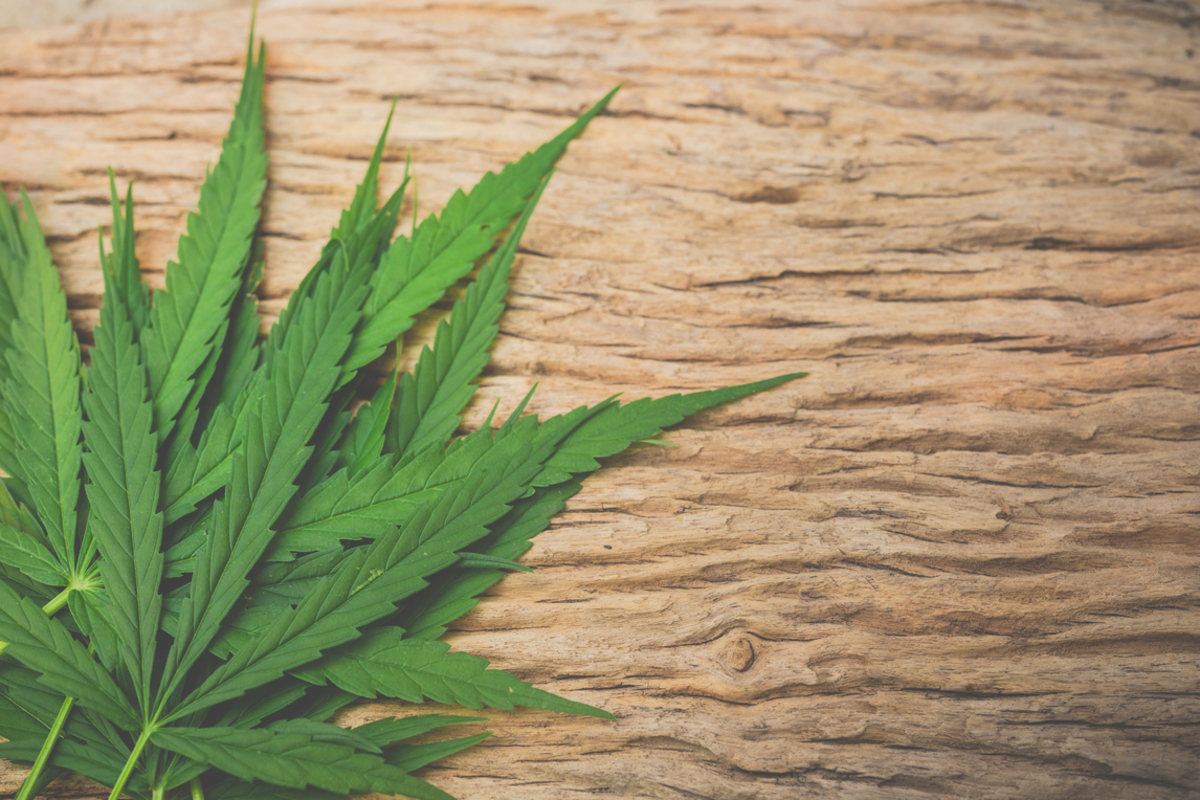Being from the Netherlands, my friends and I didn't need a seedy drug dealer to get pot when we were young — we didn't look any further than the ubiquitous, cafe-like, and semi-legal "coffee shops" the country is so famous for. Those of us who didn't know to roll our own joints could even buy pre-rolled ones for a slightly higher fee. We didn't see marijuana as a strong or serious drug, and enjoyed it recreationally but responsibly, some of us even smoking our first joints with our parents.

The current situation in the US looks similar at first glance.
At least one in five of US 10th graders have used marijuana in the last 12 months, along with over a third of 12th graders. A frankly quite shocking six percent are estimated to use marijuana on a daily basis, a number that is significantly higher than it was at any other point in the last three decades. Fewer and fewer adolescents see marijuana use as risky, exactly because of the kinds of discussions now going on about legalizing marijuana and the rise of medical cannabis.
More serious than you thought: What can happen when a teenager uses weed?
Let's start with the consequences of short-term cannabis use, which can lead to a drop in academic performance, trouble concentrating, memory issues, and more aggressive behavior in teens.
Teens who dip their toes into recreational pot use are also more likely to get into car accidents, engage in unsafe and risky sex, and quit using any medications their doctor prescribed to them as instructed — all dangerous "side effects" of cannabis that can have serious long-term consequences, including death in extreme cases.
Regular marijuana use in teens can further worsen already-existing mental health struggles like depression, and places young people at an increased risk of becoming psychotic.
With adolescents' brains still developing, prolonged use of marijuana in teens has also been shown to have the potential to cause permanent negative brain changes. The size of the brain can be affected by chronic weed use, but also the connections formed in the brain. Because of this, long-term marijuana use can lead to reduced IQ scores (ultimately suggesting lowered intelligence), memory problems, and impulse-control struggles.
Having 'the marijuana talk': When should parents speak to their children about the risks of weed use?
Weed is shockingly prevalent. If you're a parent, you can bet that your teen will have access to this drug at some point. It's ideal to start discussing drug use and the potential of addiction before your child reaches their teens, at least in broad terms, and to keep having that talk.
Once your teen starts high school, they should be aware that teens have a higher risk of becoming addicted to weed than older people, that the drug is more potent than it once was, and what the potential effects of marijuana use in teens are.
If you have personal experience with using cannabis, it might be a good idea to share. Teens are often more open to hearing from people who have been there, done that, than from parents who can only discuss the matter from an academic starting point. If you don't have personal experience, you may be able to find someone who has.
When discussing weed with your teen, it can help to acknowledge that you understand why they might be interested in cannabis and that using it can feel good, as well as to discuss the dangers. Teenagers are, after all, notorious for disliking the lecturing tone many parents employ — and anything you can do to get your teen to truly listen will help.
If your conversations go right, your teen will at least consider whether they want to try marijuana very carefully.
How can parents tell if their teens are using marijuana?
If your teenager is using marijuana, they may tell you. You may find the drugs and associated paraphernalia and recognize them. You may also notice your teen is "high" — being a hyperactive sort of silly and giggly, displaying episodes of binge-eating, and having blood-shot eyes. If your teen has smoked marijuana, you'll probably be able to smell it, but remember that weed can also be inhaled or eaten. If you notice any of these signs and suspect your teen is hitting the weed, think carefully and plan a frank but calm conversation.
Should your teen be using marijuana, you can approach your primary care provider for advice. After a period of detox, individual or group counseling can help your teen stay off the weed. An environment in which they're not constantly surrounded by people still using and selling marijuana will help, as well.
- Photo courtesy of SteadyHealth
- www.drugabuse.gov/publications/research-reports/marijuana/what-scope-marijuana-use-in-united-states
- www.sciencedirect.com/science/article/pii/S0006322316000457
- www.aacap.org/AACAP/Families_and_Youth/Facts_for_Families/FFF-Guide/Marijuana-and-Teens-106.aspx
- www.hhs.gov/ash/oah/adolescent-development/substance-use/marijuana/risks/index.html


Your thoughts on this